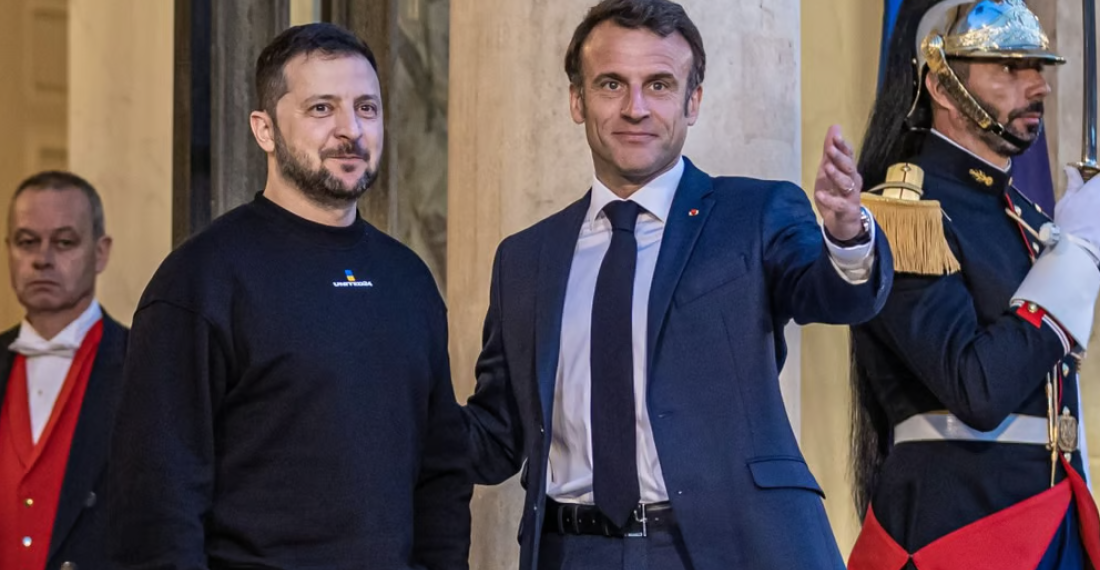Ukrainian President Volodymyr Zelensky visited Germany and France on Sunday (14 May) to meet with German Chancellor Olaf Scholz and French President Emmanuel Macron.
Following meetings with German Chancellor Olaf Scholz and President Frank-Walter Steinmeier in Berlin, Germany unveiled a significant military package worth €2.7 billion ($3 billion) for Kyiv. This includes plans to dispatch additional firing units, launchers for the Iris-T anti-missile system, 30 more Leopard-1 tanks, over 100 armored combat vehicles, and more than 200 surveillance drones to Ukraine.
In the German city of Aachen, President Zelensky also received the International Charlamagne Prize, awarded in service of European unification.
At the Charlemagne award ceremony, European Commission President Ursula von der Leyen said, "Ukraine incarnates everything the European idea is living for: the courage of convictions, the fight for values and freedom, the commitment to peace and unity.
Zelensky's visit to Paris
President Zelensky then visited France on Sunday (14 May). According to the French President's Office, Macron and Zelensky engaged in talks regarding "Ukraine's urgent military and humanitarian needs".
Following the meeting, France announced it would train and equip several Ukrainian battalions with numerous armored vehicles and light tanks, including AMX-10RC.
In a joint statement, France said it "continues its strong support to bolster Ukraine’s capacity to defend itself, and recalls that Ukraine has the right to choose its own security arrangements".
"France fully supports the NATO-Ukraine Commission as a venue to further increase and expand the ongoing cooperation to help fulfil Ukraine’s path towards the Euro-Atlantic family, consistent with the Bucharest Declaration. Ukraine and France look forward to addressing these issues at the NATO Summit in Vilnius in July 2023."







